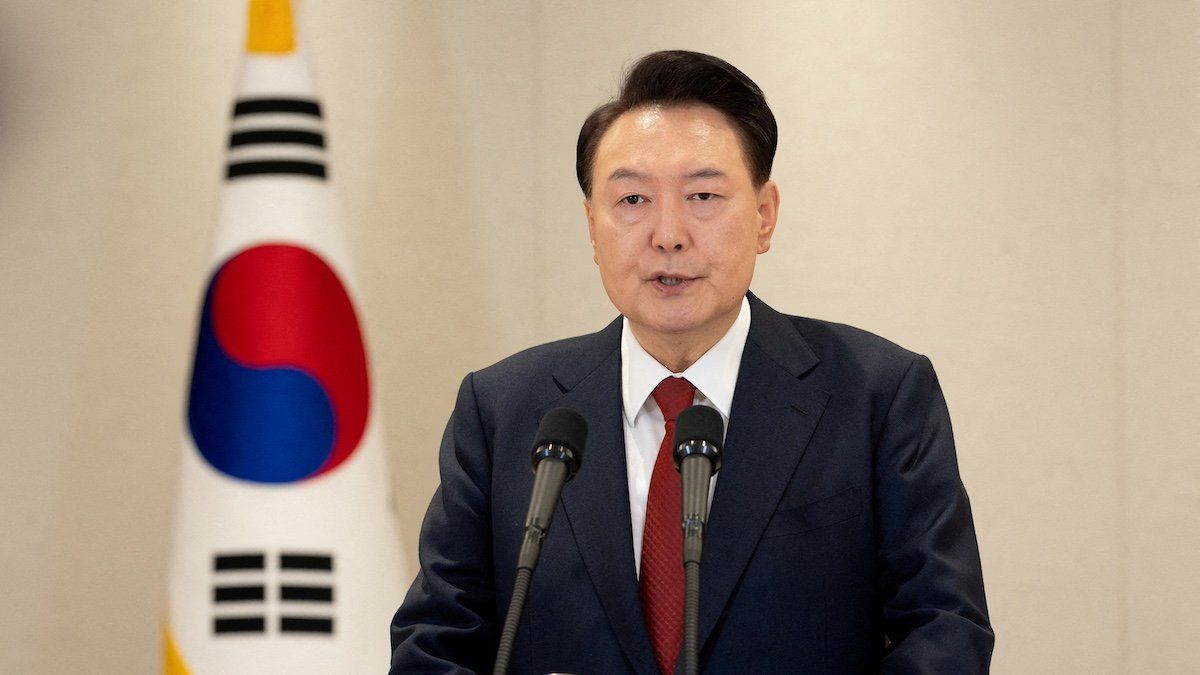On Tuesday, the floor leader for South Korea’s newly-impeached President Yoon Suk-yeol’s party said it would be inappropriate to fill vacancies on the constitutional court with the powers of an acting president, setting up a fight aimed at slow-rolling Yoon’s final removal from office.
Wait, how is Yoon impeached but not gone? It’s a two-step process. The National Assembly was able to clear the two-thirds supermajority to impeach Yoon on Saturday, and he was immediately suspended from office. Now at least six justices on the constitutional court need to approve the legality of the impeachment — and this isn’t a given. The court overturned the much more controversial impeachment of former President Roh Moo-hyun in 2004. Once that hurdle is cleared, Yoon is gone for good, and a sixty day clock starts ticking down to fresh elections.
There’s just one problem. Three of the court’s nine seats are vacant, meaning the entire bench would need to vote unanimously to remove Yoon. Even though the facts are pretty stacked against Yoon, just one justice could theoretically put him back in office, which is why the liberal opposition wants to fill the three seats.
Ideally, as quickly as possible, because their leader, and presumptive presidential candidate, Lee Jae-myung is in legal hot water of his own. He was convicted of violating election laws and handed a one-year suspended sentence in November, which could prevent him from running for president — if the Supreme Court upholds the ruling.
Eurasia Group’s Jeremy Chan says the opposition “recognizes that the longer this drags out, the greater the chances that the Supreme Court will have time to rule on Lee’s conviction,” and possibly keep him out of the race. We’re watching how acting president Han Duck-soo handles the vacancies, as well as how the criminal case against Yoon and his collaborators proceeds.
